What does deliver, deliver, deliver mean? Liz Truss had it as her payoff on accepting the leadership of the Conservative party this afternoon, so clearly it means something to her. She told the Queen Elizabeth Conference Centre:
My friends, we need to show that we will deliver over the next two years. I will deliver a bold plan to cut taxes and grow our economy. I will deliver on the energy crisis, dealing with people’s energy bills, but also dealing with the long term issues we have on energy supply. And I will deliver on the National Health Service. But we will all deliver for our country, and I will make sure that we use all the fantastic talents of the Conservative party, our brilliant Members of Parliament, our peers, our fantastic councillors, our MSs, our MSPs, all of our councillors and activists and members right across our country. Because, my friends, I know that we will deliver, we will deliver, we will deliver.
Delivery was – at one stage at least – the priority of Boris Johnson’s government. He set up a ‘delivery unit’ in Downing Street headed by Sir Michael Barber, who was feted for doing the same with Tony Blair. Johnson wanted results, but Covid and then his own political troubles meant he got few. Truss is said to be sceptical about the size and efficacy of this unit – though it’s worth pointing out that all prime ministers express concerns about the number of advisers in Downing Street and across government before realising what they actually do, and appointing more to replace the ones they cleared out. Either way, the Truss delivery operation has got a very tight timeframe in which to work.
The ‘cutting taxes’ bit will come at Truss’s version of an emergency Budget, which her camp is calling a ‘fiscal event akin to a Budget’ because that entails less scrutiny from the Office for Budget Responsibility. The ‘grow the economy’ part will be rather harder – and every piece of economic data from now on will be seized on by her detractors, including those who backed Rishi Sunak, as a sign that Truss is not in fact growing the economy. We are expecting the broad outline of her plan to ‘deliver on the energy crisis’ on Thursday, with more details in that ‘fiscal event akin to a Budget’ and legislation afterwards.
The question is whether Truss will be able to talk about delivery in the past tense in a few months’ time, or whether she will need to repeatedly revisit and expand her initial plan. It will most likely be the latter, even if the first package is a big one, because Ofgem’s predictions are that energy bills will keep rising in 2023. Members of her own campaign have acknowledged that this will mean support into next year, not just the final few months of this one. How Truss handles having to repeatedly return to the question of the high bill is important too: as we saw with Johnson’s premiership, if a policy seems too small to begin with and enough Tory MPs start complaining about it, the government looks as though it is being buffeted about. Truss will want to look as though she’s got a grip.
A delivery unit for long-term energy supply would presumably have to stop blaming Labour for the Tories’ failure to do anything meaningful for the last 12 years (seven of which have been a Tory-only government in case Truss is tempted to blame the Lib Dems instead). Ramping up supply is a thankless task – you tend not to be in government to get the credit for delivering long-term solutions – but that doesn’t mean you shouldn’t do it.
Delivering on the National Health Service is vague. Delivering what in particular? A swifter resolution to the backlog in treatment, currently at around six million patients? A resolution to the workforce crisis? An answer to the pensions problem that is making the workforce crisis even worse? All of these issues existed before the pandemic and any ‘delivery’ needs to acknowledge that Truss’s campaign line about fewer NHS ‘middle managers’ isn’t the answer. Truss currently favours Therese Coffey as health secretary; this would be interesting as Coffey is someone who bothers to understand the detail of a policy area and will happily fight for it in cabinet.
The promise to ‘deliver for our country’ is presumably a reference to Truss’s campaign pledge to stop the ‘family’ of UK nations splitting up. Again, how that would be achieved isn’t clear. But her line about using ‘all the fantastic talents of the Conservative party’ suggests she does recognise that she cannot just promote those who support her. As one MP who didn’t support her (and says he isn’t expecting a job) told me: ‘If she just sticks to her supporters, she has a small pool to fish from given she wasn’t the first choice of the parliamentary party. She has to widen out.’ She will also need to be clear with each minister about what she expects them to deliver when she appoints them, as there is very little time for them to achieve anything. The problem is whether she knows what that is yet. The leadership campaign didn’t give much detail on that from Truss – or indeed the rest of the Conservative party.
Got something to add? Join the discussion and comment below.
Get 10 issues for just $10
Subscribe to The Spectator Australia today for the next 10 magazine issues, plus full online access, for just $10.


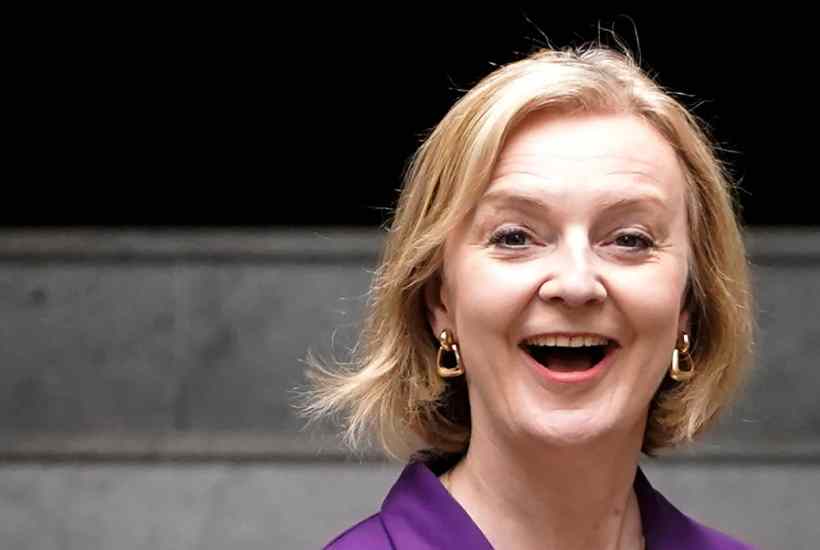
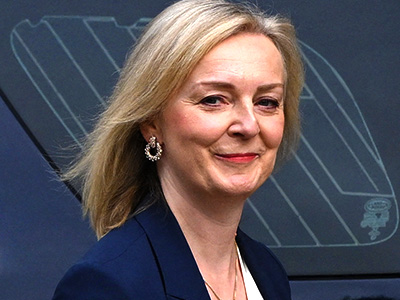
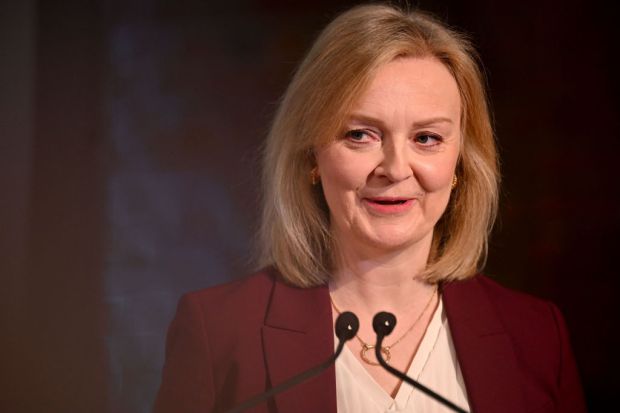
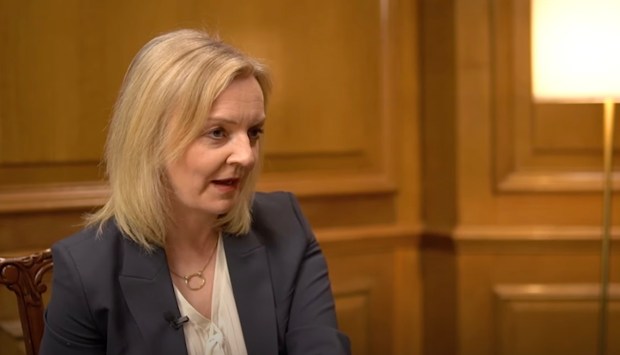
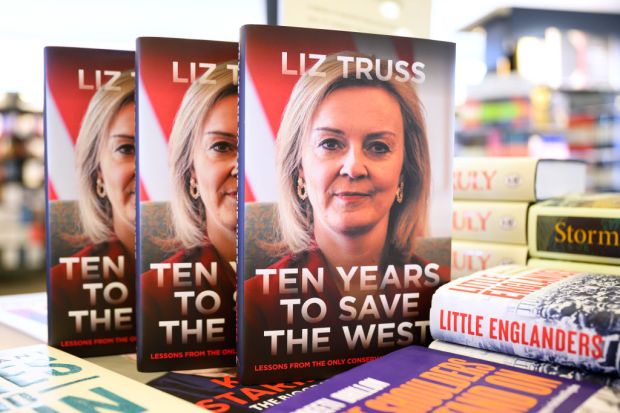
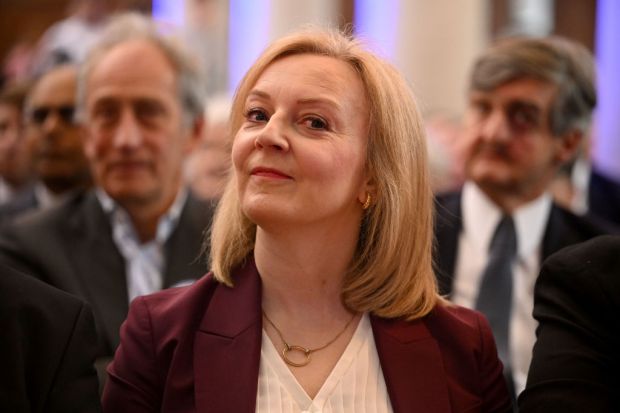
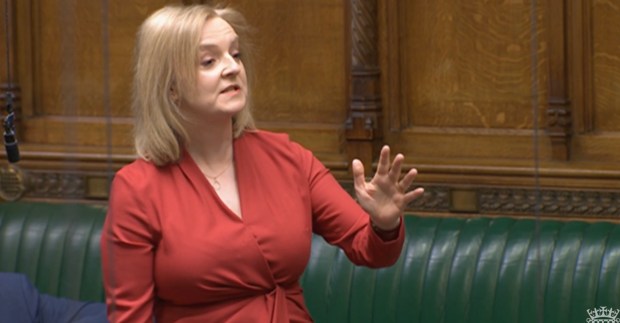












Comments
Don't miss out
Join the conversation with other Spectator Australia readers. Subscribe to leave a comment.
SUBSCRIBEAlready a subscriber? Log in